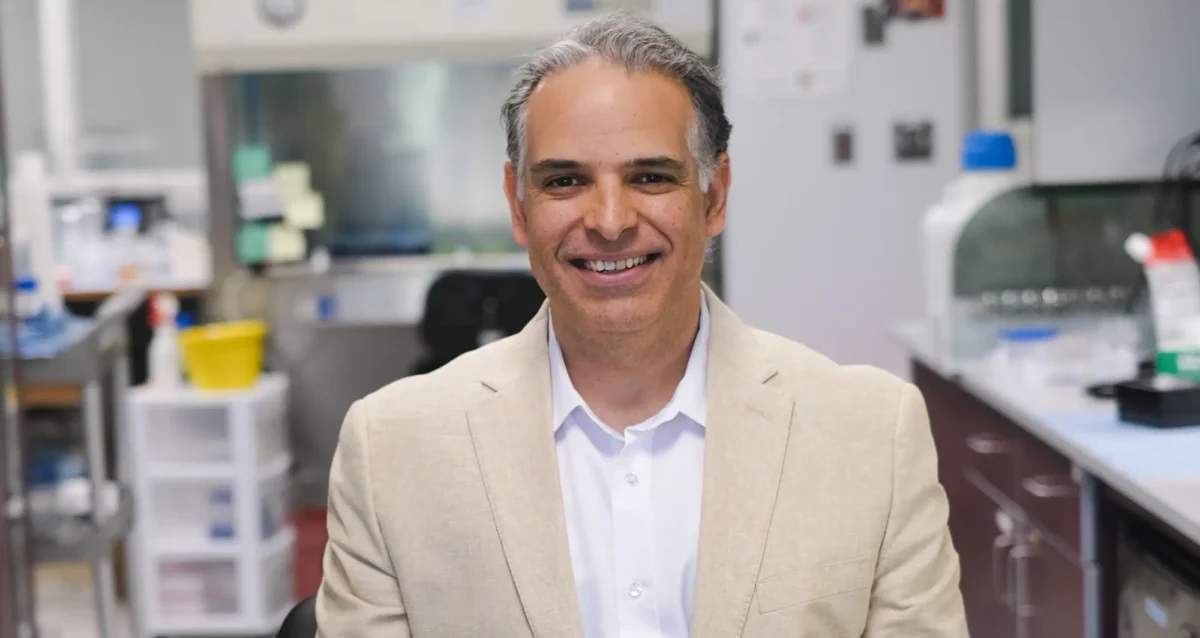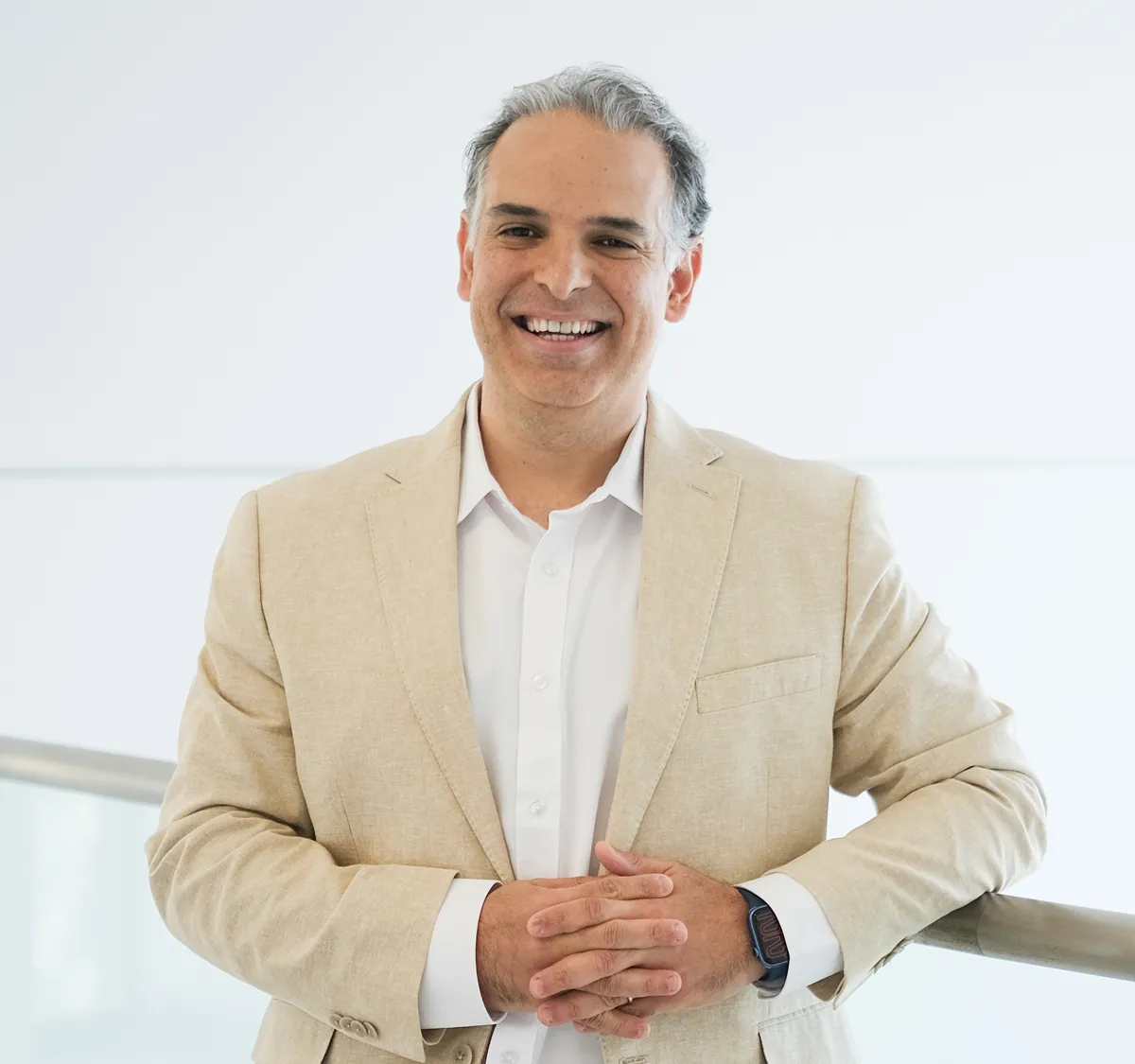Dr. Mahmoud received his PhD from UT Southwestern and completed his postdoctoral training at Harvard University. His laboratory investigates the molecular and cellular mechanisms governing cardiovascular development and regeneration. He has pioneered innovative approaches to studying mammalian heart regeneration, recently demonstrating that metabolic reprogramming can promote adult cardiomyocyte proliferation, revascularization, and regeneration following cardiac injury. Additionally, his lab explores how metabolism influences the transcriptional and epigenetic landscape of heart regeneration. Dr. Mahmoud’s research also seeks to define the mechanisms that regulate adult cardiomyocyte cell cycle re-entry and sarcomere disassembly using genetic and proteomic approaches.
Education and Training
2012-2017: Postdoctoral Fellow, Harvard University, Cambridge, MA
2007-2012: PhD, UT Southwestern Medical Center, Dallas, TX
2000-2005: BSc, Cairo University, Egypt
Honors and Recognition
2023: WARF Innovation Award
2023: Vilas Associate Award
2019: American Heart Association Career Development Award
2018: Wisconsin Partnership Program New Investigator Award
2015: American Heart Association Postdoctoral Fellowship Training Award
2014: Harvard Stem Cell Institute Mentorship Award
2011: UT Southwestern Award of Excellence
2010: American Heart Association Predoctoral Fellowship Training Award
Related Disease
Heart Disease
Our lab investigates the molecular and cellular mechanisms governing heart regeneration, with the goal of reactivating these processes in adult mammals. We focus on the transcriptional, epigenetic, and metabolic networks that regulate cardiomyocyte proliferation and the role of the cardiac microenvironment in regeneration. Using genomics, proteomics, metabolomics, and mouse genetics, we aim to uncover key regenerative pathways. Our ultimate objective is to develop innovative therapeutic strategies for heart failure by harnessing the heart’s intrinsic regenerative potential.
Ahmed Mahmoud Research Focus
Cellular and Molecular Regulation of Mammalian Heart Regeneration
Heart failure remains the leading cause of death worldwide due to the adult mammalian heart’s inability to regenerate following injury. Unlike adult mammals, lower vertebrates such as zebrafish can fully regenerate their myocardium, and we have demonstrated that neonatal mice retain this regenerative potential for a brief period after birth before losing it. Our laboratory aims to uncover the molecular mechanisms underlying heart regeneration in neonatal mammals, with the ultimate goal of reactivating these processes in adult humans.
Our research focuses on identifying the transcriptional, epigenetic, and metabolic networks that govern cardiomyocyte dedifferentiation, proliferation, and survival during regeneration. By dissecting these regulatory pathways, we aim to unlock strategies for reprogramming adult cardiomyocytes into a more regenerative state. Additionally, we investigate the role of the cardiac microenvironment, including neural and extracellular signals, in orchestrating heart regeneration.
To address these questions, we employ a multidisciplinary approach combining genomics, proteomics, metabolomics, and mouse genetics with advanced molecular and cellular technologies. By integrating these diverse methodologies, we aim to develop innovative strategies for regenerating the human heart and transforming the treatment of heart failure.
 Mar 7, 2025
Mar 7, 2025Making heart scar tissue a nonissue
Mar 7, 2025New Sanford Burnham Prebys scientist Ahmed Mahmoud wants to repair heart injuries now seen as irreversible.
